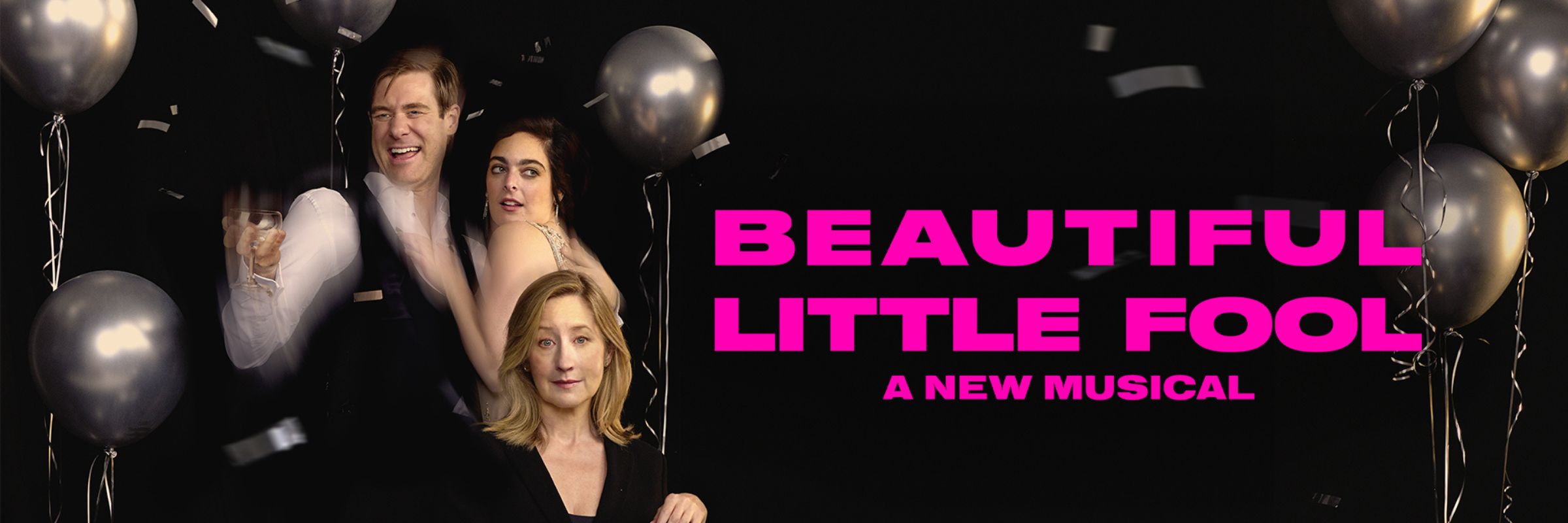
Whilst undergoing refurbishment, the Lightouse, Poole’s Centre for the Arts, has managed to keep theatre goers content by hosting The Roundabout Festival in Poole Park, the world’s first travelling ‘plug and play’ round theatre that flat packs entirely into the back of a single lorry.
Growth was written by rising playwright Luke Norris and is a comedy about growing up and being a man. Centred around the character Tobes who has just been dumped, then discovers a lump which leads to him having his left testicle removed, and his fall into depression.
Performed by Remy Beasley, Richard Corgan and Andy Rush; the three multi-roled reminiscent of a true Brechtian performance. Any play in the round has blocking and set limitations which combined with the small space available in which to perform did not give the actors much freedom in which to move. However the piece was lively, energetic and did not feel static or in any way hindered by the restrictive boundaries of the theatre. It was slick and the dialogue witty and humorous, mingled with carefully poignant moments as the play explored mortality, depression and what it is to be a man facing those things.
Due to the close proximity the audience had with the actors and the absense of set, the performance was raw and exposed, giving the actors no opportunities to break out of character or hide; adding a realism despite the minimal and non-naturalistic realisation of the script. The three actors were all strong and convincing in their multitudes of characters, making the audience laugh and tear up within the same scene. The lighting was slick and and the timing flawless.
Remy Beasley played all the female characters, including Tobes’ ex-girlfriend, sister, flatmate and doctor. She shines as an actress due to her versatility, one minute displaying masterful control of dark humour and the next her empathy and compassison. From a disinterested feminist clerk to a caring sister, despite the lack of costume changes there was never any confusion as to which character she was playing. Similarly Richard Cogan’s characters, although not as varied, were still easily differentiated from one another and wonderfully comedic, the awkwardness in the scene in which he had to put his hand down Rush’s trousers to give a ‘second opinion’ on the lump was executed particularly well, literally brining tears of laughter to a couple of audience members. I must confess what added to the humour of his parts was his Welsh accent. Andy Rush remained the protagonist Tobes throughout, allowing him to develop the character as his journey through the play progressed. This is most likely why he was the most convincing of the three actors. At times tears sparkled in his eyes as he expressed his feelings only to have them turned hysterically around in a blackly comedic fashion.
A superbly written, well-rehearsed performance, Growth is something that I would recommend to anyone, especially the men who may not typically find themselves going to the theatre as the almost northern humour could appeal to anyone. Funny on the surface but also educational and a kind of study of the male approach to masculinity and illnesses both mental and physical, it is a real accomplishment.
Reviewed by Thomas Barrett


